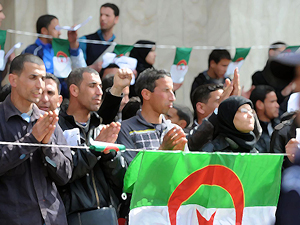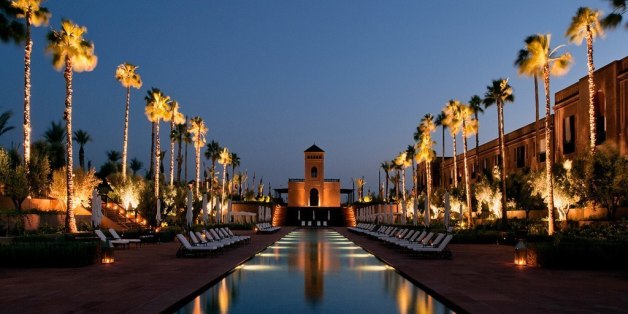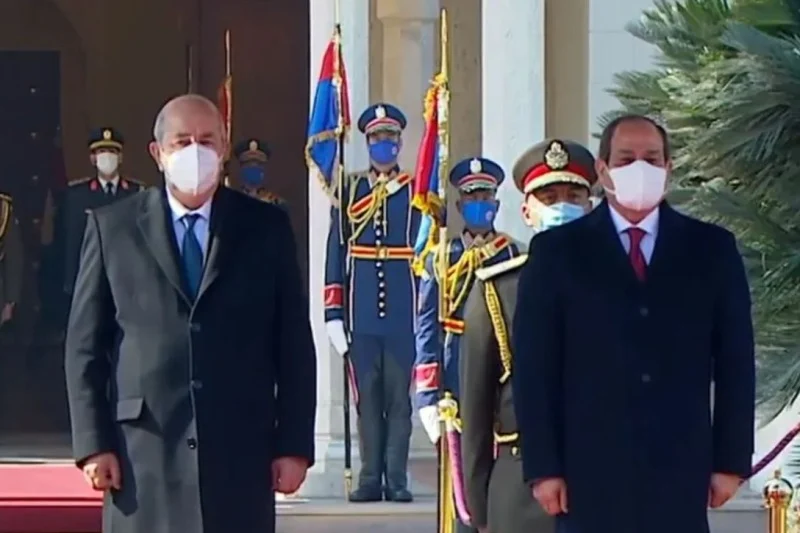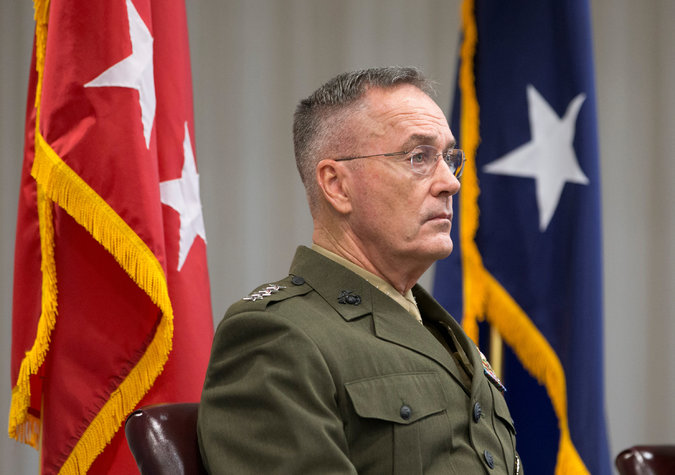New York times has had a rare access to the sealed Algerian state, drawing a bleak picture of conditions there and holding the military junta responsible for the widespread despair among Algerians.
In an article dubbed, ” In Algeria, Veiled From the World, Past and Future Are Shrouded, Too”, New York Times bureau chief in Paris Roger Cohen relates human stories of people he met in Oran where he travelled to cover President Macron’s visit and stayed for extra days.
“I stayed in Oran for a couple of days, all that my visa would allow, and found myself isolated as a foreigner in Oran, a city of 1.5 million people,” he writes.
He discovered a state mired in its traumatic past with an unresolved identity crisis held by the iron fist of a military junta that squandered the country’s oil and gas wealth.
“For the ossified politico-military establishment that runs Algeria, tourism and foreign investment are suspect, as are theaters, cinemas or bookstores. This is a land of absences, of immense potential denied. It is a country hunched in suspicion of the outsider, as if it were still at war,” he states eloquently.
“Money from vast reserves of natural gas and oil flows to the oligarchy, who often funnel it into property in France. Algeria’s people, worn down, have learned to shrug. You ask someone about politics and the usual response is: We are small, we don’t know,” he added.
“If you can get us out of here, we will come immediately. We won’t even go home to collect anything,” an Algerian lady told the New York Times journalist, speaking on behalf of the dozens of thousands of Algerians who take the hazardous sea route to European shores monthly.
He grabbed the chance to speak to one of the few remaining critical voices in the country like Kamal Daoud who ranted at the current indoctrination of the Algerian youth by reciting old war of independence myths that no longer resound among the younger generations.
“Young people want to go because this is a sad country,” the author Kamel Daoud told the New York Times. “It’s a boring country. There’s no liberty or leisure.”



